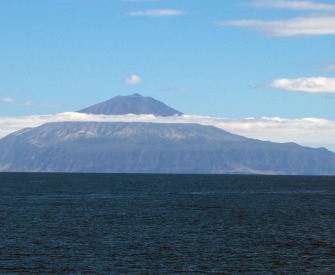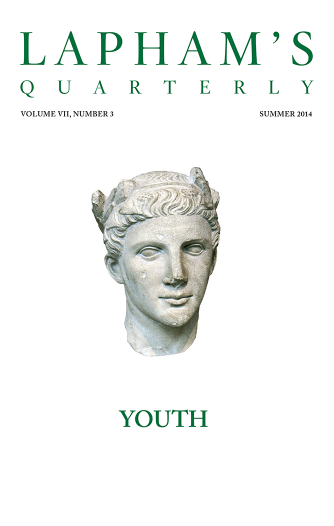
Georg Wilhelm Friedrich Hegel
The Philosophy of History,
c. 1831
The Philosophy of History,
The sea gives us the idea of the indefinite, the unlimited, and infinite; and in feeling his own infinite in that Infinite, man is stimulated and emboldened to stretch beyond the limited: the sea invites man to conquest, and to piratical plunder, but also to honest gain and to commerce. The land, the mere valley plain attaches him to the soil; it involves him in an infinite multitude of dependencies, but the sea carries him out beyond these limited circles of thought and action. Those who navigate the sea have indeed gain for their object, but the means are in this respect paradoxical, inasmuch as they hazard both property and life to attain it. The means therefore are the very opposite to that which they aim at. This is what exalts their gain and occupation above itself, and makes it something brave and noble. Courage is necessarily introduced into trade, daring is joined with wisdom. For the daring which encounters the sea must at the same time embrace wariness—cunning—since it has to do with the treacherous, the most unreliable and deceitful element. This boundless plain is absolutely yielding—withstanding no pressure, not even a breath of wind. It looks boundlessly innocent, submissive, friendly, and insinuating; and it is exactly this submissiveness which changes the sea into the most dangerous and violent element. To this deceitfulness and violence man opposes merely a simple piece of wood, confides entirely in his courage and presence of mind; and thus passes from a firm ground to an unstable support, taking his artificial ground with him. The ship—that swan of the sea, which cuts the watery plain in agile and arching movements or describes circles upon it—is a machine whose invention does the greatest honor to the boldness of man as well as to his understanding.





